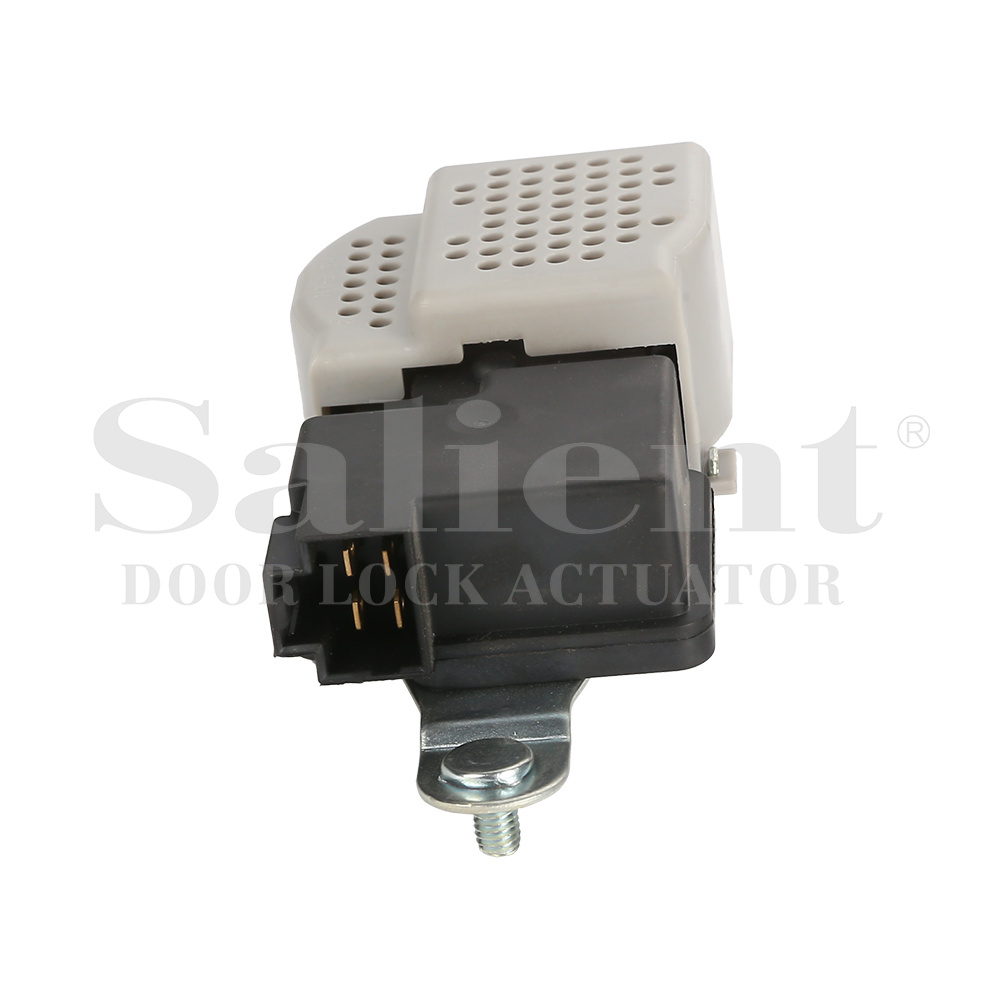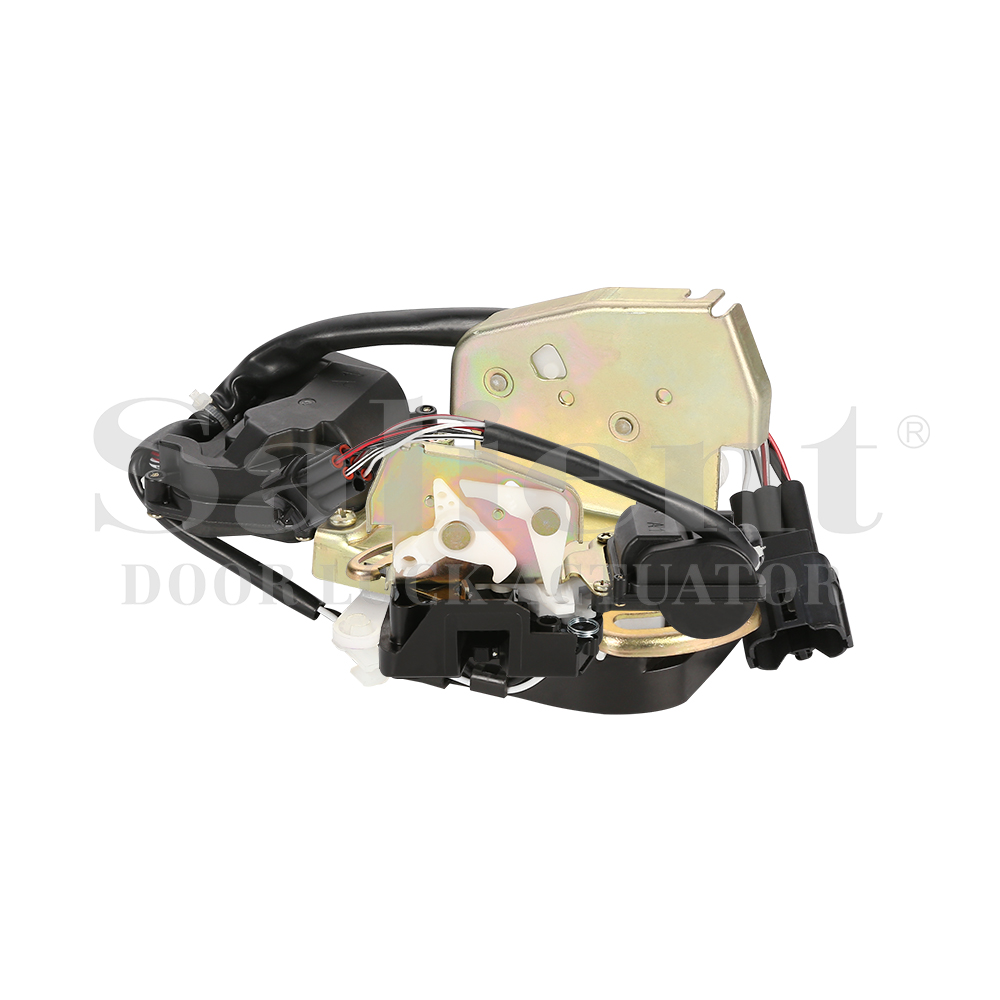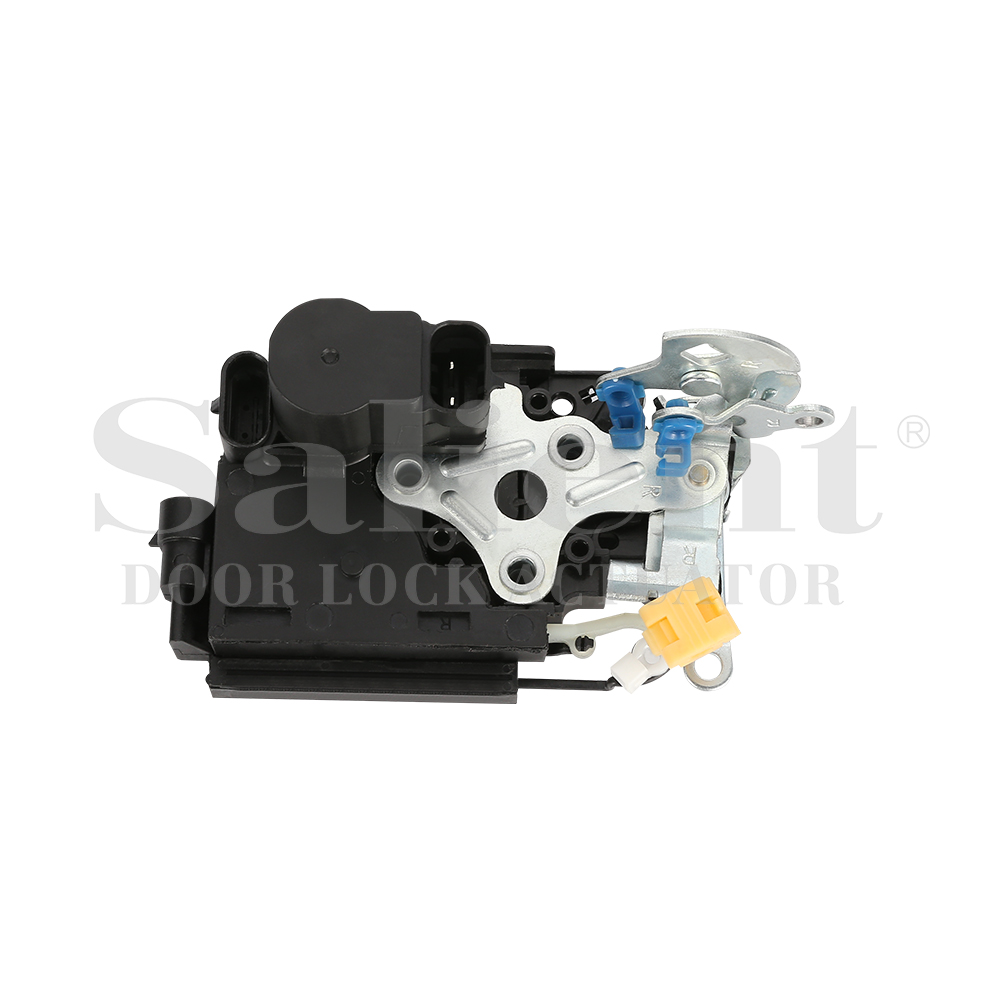When it comes to maintaining a vehicle’s engine performance, one of the most crucial components is the ignition system. Among the many parts that make up the ignition system, the ignition coil stands out as an essential element responsible for ensuring that your car starts and runs smoothly. In this article, we will delve into what ignition coils are, how they work, their importance, and signs of malfunction, as well as tips for maintaining them.
The ignition coil is a vital component in a car’s ignition system that transforms the low voltage from the battery into the high voltage needed to create a spark in the spark plugs. This spark ignites the air-fuel mixture inside the engine’s cylinders, starting the combustion process. In essence, the ignition coil acts as a power converter for the ignition system, amplifying the battery’s voltage to a level strong enough to fire the spark plugs.
Modern vehicles generally use a system known as coil-on-plug (COP), where each cylinder has its own ignition coil. Older models, however, often use a distributor-based system that includes a single coil for all cylinders. The primary function of the ignition coil is to ensure that the spark plugs fire at the right time to ignite the fuel-air mixture.
Ignition coils operate on the principle of electromagnetic induction. They are made up of two sets of copper windings: the primary coil and the secondary coil.
Primary Coil: The primary coil is connected to the vehicle’s battery and receives the low voltage (around 12V) when the ignition switch is turned on.
Secondary Coil: The secondary coil consists of thousands of turns of wire, which generates a much higher voltage—ranging from 12,000V to 45,000V—when the primary coil is energized.

When the car’s engine control unit (ECU) sends a signal to the ignition coil, the coil's primary circuit is closed, causing current to flow through the primary winding. This creates a magnetic field. As the ECU opens the circuit, the magnetic field collapses, generating a high voltage in the secondary coil. This high voltage is then delivered to the spark plug, where it creates a spark that ignites the air-fuel mixture in the engine’s cylinders.
Ignition coils play an integral role in the smooth operation of your vehicle. Here are several reasons why they are indispensable:
Engine Performance: Proper functioning of ignition coils ensures that the spark plugs receive sufficient voltage to ignite the air-fuel mixture at the precise moment, which is critical for engine efficiency and performance.
Fuel Efficiency: If ignition coils malfunction, they can cause misfires, leading to incomplete combustion. This not only reduces engine power but also wastes fuel, decreasing fuel efficiency.
Emissions Control: A malfunctioning ignition coil can lead to increased emissions, as unburned fuel is released into the exhaust system. This may cause the vehicle to fail emissions tests or increase harmful pollutants in the air.
Reliability: A healthy ignition coil system improves overall vehicle reliability. A bad ignition coil can result in engine stuttering, stalling, or difficulty starting the car.
Ignition coils are generally durable components, but over time they can wear out or get damaged. Common signs of a malfunctioning ignition coil include:
Engine Misfires: If the ignition coil is failing, it may not send enough voltage to the spark plug, leading to engine misfires. Misfires can cause the engine to run rough, particularly at idle, and may result in loss of power during acceleration.
Check Engine Light: The engine control unit monitors the ignition system, and if it detects irregularities, it may trigger the "Check Engine" light. A diagnostic scan can reveal whether a faulty ignition coil is causing the issue.
Poor Fuel Economy: A malfunctioning ignition coil can cause incomplete combustion, which leads to wasted fuel and reduced fuel economy.
Difficulty Starting the Engine: A bad ignition coil can prevent the spark plugs from firing properly, making it harder to start the engine. You may experience longer cranking times or even complete failure to start.
Rough Idle or Stalling: If the ignition coil is not providing a strong spark, the engine may run roughly, especially when idling. In more severe cases, the vehicle may stall or hesitate during driving.
To keep your ignition coils functioning optimally, it is important to follow a few maintenance tips:
Regular Inspections: While ignition coils are generally reliable, it’s important to have them checked during routine maintenance. A mechanic can test the coils' performance and ensure they are functioning correctly.
Replace Spark Plugs Regularly: Worn-out spark plugs can place additional strain on the ignition coil. Make sure to replace spark plugs at the intervals recommended by your vehicle manufacturer.
Check for Faulty Wiring: Ignition coils can sometimes be damaged by faulty wiring or loose connections. Regularly check the wiring to ensure it is secure and in good condition.
Address Engine Problems Early: If your car is showing signs of engine misfires or poor performance, it’s essential to get the issue checked early. Ignition coil problems may be one of the underlying causes.
If an ignition coil fails, it is crucial to replace it promptly to avoid further damage to the engine or other components. Many modern vehicles use individual ignition coils, making replacements relatively straightforward. If you have basic mechanical skills, you might be able to replace the ignition coil yourself. However, it’s often advisable to seek professional help if you’re unsure, as improper installation can lead to further issues.
Ignition coils may seem like small, unassuming parts of your vehicle’s engine, but they are crucial for the efficient operation of your car. By transforming low voltage into the high voltage necessary for spark plug ignition, ignition coils ensure that your engine runs smoothly, performs optimally, and maintains fuel efficiency. Regular maintenance, timely repairs, and replacements of faulty ignition coils are key to keeping your vehicle running reliably and efficiently for years to come.


 English
English Español
Español

-1.jpg)

-1.jpg)



.jpg)
.jpg)
.jpg)
.jpg)
-1.jpg)

